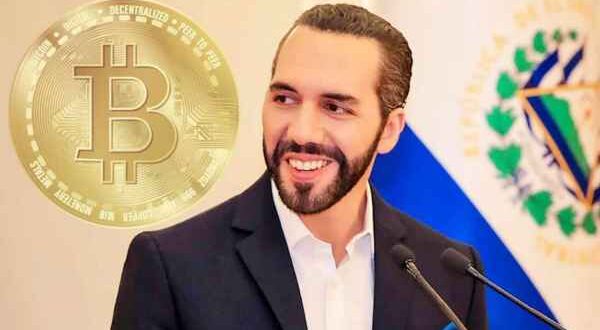El Salvador’s ambitious decision to embrace Bitcoin as a legal tender has been met with a mixture of enthusiasm and concern both domestically and internationally. Despite warnings from the International Monetary Fund (IMF) and other financial bodies about potential risks and the lack of regulatory safeguards, the Salvadoran government has made it clear that it will continue to acquire Bitcoin as part of its broader economic strategy.
Body:
- Ongoing Bitcoin Purchases:
- Since making Bitcoin legal tender in September 2021, El Salvador has made multiple purchases of the cryptocurrency, positioning itself as a global pioneer in digital currency adoption.
- The country recently announced plans to continue acquiring Bitcoin despite the IMF’s warnings about financial instability, citing the digital asset’s potential to boost financial inclusion and attract foreign investment.
- Concerns from the IMF:
- The IMF has repeatedly expressed concerns about the potential volatility of Bitcoin and its impact on El Salvador’s economy. Critics argue that the government’s reliance on Bitcoin exposes the nation to high risk, given the currency’s notorious price swings and speculative nature.
- The IMF also highlights the lack of transparency and regulation in the global Bitcoin market, which could complicate monetary policy and financial governance in El Salvador.
- Government’s Rationale:
- President Nayib Bukele’s administration remains steadfast in its belief that Bitcoin can transform the Salvadoran economy by reducing dependency on remittances and creating new financial opportunities for citizens.
- Proponents argue that Bitcoin can provide access to a global financial network for those who are unbanked, potentially lifting many Salvadorans out of poverty.
- Future Implications:
- Experts warn that the continuation of Bitcoin purchases could lead to increased volatility in El Salvador’s currency market, exacerbating inflation and affecting the livelihoods of ordinary citizens.
- Critics also caution that the country’s strategy might deter international investors and financial institutions from engaging with El Salvador, potentially impacting economic stability in the long term.
- The Global Context:
- El Salvador’s move to embrace Bitcoin comes amid a growing debate on the future of digital currencies worldwide. Other countries are closely watching the outcomes of this pioneering approach, weighing the potential benefits against the risks.
- As other nations consider adopting similar measures, El Salvador’s experience will likely serve as a valuable case study in the complex relationship between cryptocurrencies and traditional economies.
Conclusion: While the future remains uncertain, El Salvador’s commitment to Bitcoin reflects a bold strategy to redefine its economic landscape. The international community will be watching closely as the country navigates these uncharted waters, balancing innovation with financial stability.
 Business Sandesh Indian Newspaper | Articles | Opinion Pieces | Research Studies | Findings & News | Sandesh News
Business Sandesh Indian Newspaper | Articles | Opinion Pieces | Research Studies | Findings & News | Sandesh News



